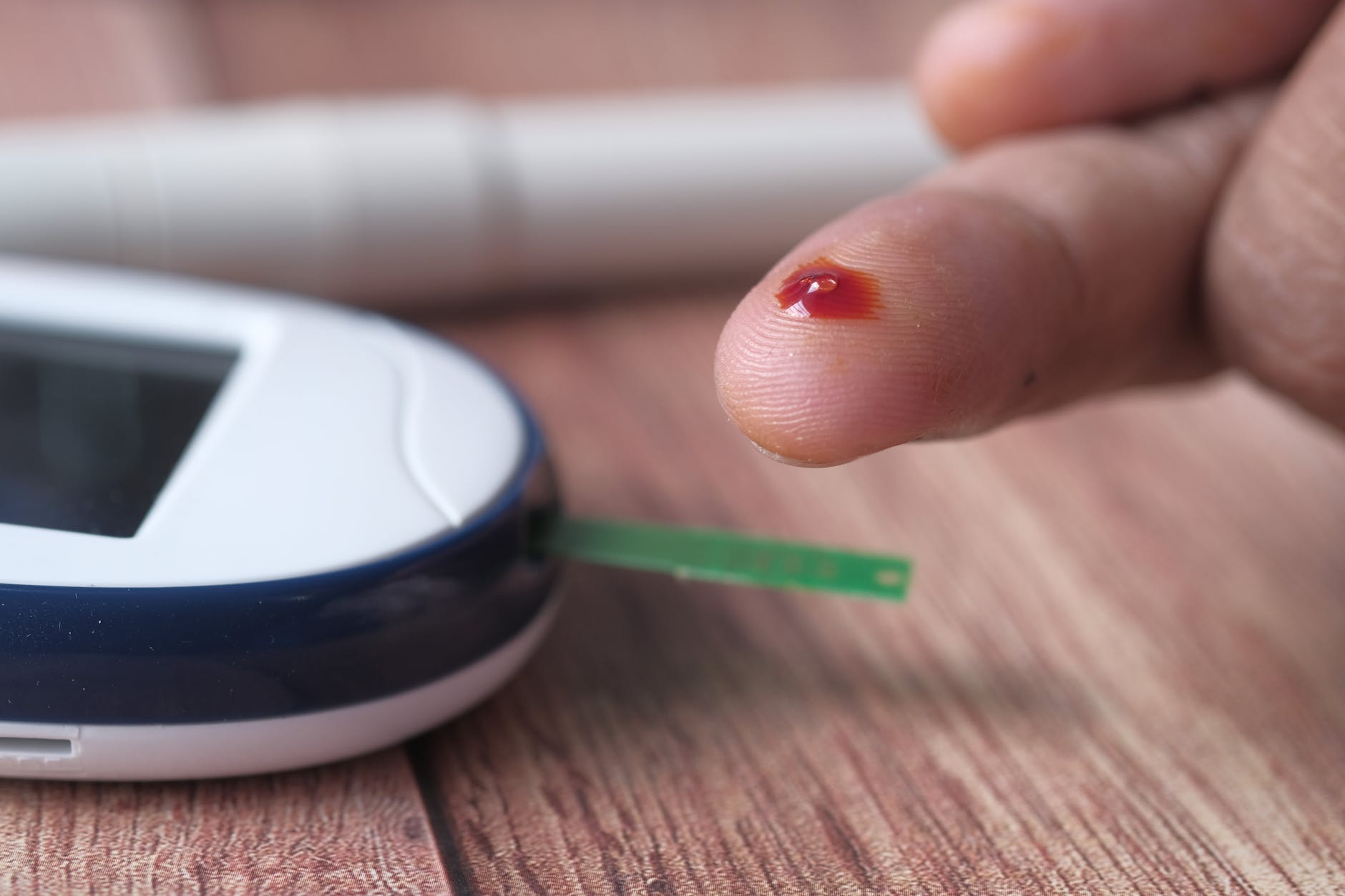Stay in the Zone: Mastering Blood Sugar Monitoring for Optimal Health


Stay in the Zone: Mastering Blood Sugar Monitoring for Optimal Health
Introduction
At https://diabetescure4u.com/, we understand the importance of maintaining optimal health, especially when it comes to managing blood sugar levels. In today's fast-paced world, it is essential to stay in control and ensure your blood sugar remains within the healthy range. In this comprehensive guide, Stay in the Zone: Mastering Blood Sugar Monitoring for Optimal Health, we will share invaluable insights and practical tips on mastering blood sugar monitoring for optimal health. Let's dive in!
Understanding Blood Sugar
Before we delve into the specifics of blood sugar monitoring, let's first gain a clear understanding of what blood sugar is and why it matters. Blood sugar, or glucose, is the primary source of energy for our bodies. It is derived from the carbohydrates we consume and plays a vital role in maintaining our overall health and well-being.
The Importance of Blood Sugar Monitoring
Monitoring blood sugar levels is crucial for individuals with diabetes and anyone concerned about their overall health. By keeping track of your blood sugar, you can make informed decisions about your diet, lifestyle, and medication, if necessary. Regular monitoring helps identify patterns, detect fluctuations, and prevent potential complications.
Tools for Blood Sugar Monitoring
To effectively monitor your blood sugar levels, you'll need a few essential tools. These include:
1. Blood Glucose Meter
A blood glucose meter is a portable device that measures your blood sugar levels. It requires a small blood sample obtained by pricking your fingertip with a lancet. The meter then displays your current blood sugar reading.
2. Test Strips
Test strips are used in conjunction with the blood glucose meter. These disposable strips are designed to react chemically with a blood sample and provide an accurate glucose reading. Make sure to use compatible test strips with your specific blood glucose meter.
3. Lancet Device
A lancet device is used to obtain a small blood sample for testing. It usually consists of a spring-loaded mechanism that quickly pricks the fingertip, minimizing discomfort.
4. Control Solution
Control solution is a liquid with a known glucose concentration. It is used to check the accuracy of your blood glucose meter and test strips. Regularly testing with control solution ensures the reliability of your monitoring system.
Best Practices for Blood Sugar Monitoring
Now that we understand the tools involved let's explore some best practices for blood sugar monitoring:
1. Consistency is Key
To achieve accurate results, it is crucial to maintain consistency in your monitoring routine. Test at the same times each day, follow the recommended guidelines, and record your readings in a journal or a mobile app for future reference.
2. Keep Track of Your Diet
Your diet has a direct impact on your blood sugar levels. Be mindful of your carbohydrate intake and make healthier food choices. Monitor how different foods affect your blood sugar and adjust your diet accordingly.
3. Exercise Regularly
Physical activity plays a significant role in blood sugar management. Regular exercise helps your body utilize glucose more efficiently, leading to better blood sugar control. Incorporate a mix of aerobic exercises, strength training, and flexibility exercises into your routine.
4. Stay Hydrated
Proper hydration is essential for maintaining optimal blood sugar levels. Drink an adequate amount of water throughout the day to prevent dehydration, which can affect your blood sugar.
5. Seek Professional Guidance
Consulting with a healthcare professional or a certified diabetes educator is highly recommended. They can provide personalized advice, help you understand your blood sugar patterns, and make adjustments to your monitoring and treatment plan.
Conclusion
Mastering blood sugar monitoring is crucial for achieving optimal health and well-being. By consistently monitoring your blood sugar levels, making informed choices, and incorporating healthy habits into your daily routine, you can take control of your health and live a fulfilling life. Remember, knowledge is power, and with the right tools and practices, you can stay in the zone of optimal blood sugar control.
- Tracking Your Sweet Success: A Comprehensive Guide to Monitoring Blood Sugar Levels
- Freestyle Libre 3 Primeiras Impressões - Parte 1 #Shorts
- Gestational Diabetes | Priya and Ravi's Experience | Sitaram Bhartia
- Wereld Diabetes Dag 2020 - Diabetes en wetenschap
- When Diagnosed with Gestational Diabetes in PREGNANCY | Complications in 2nd trimester VLOG


